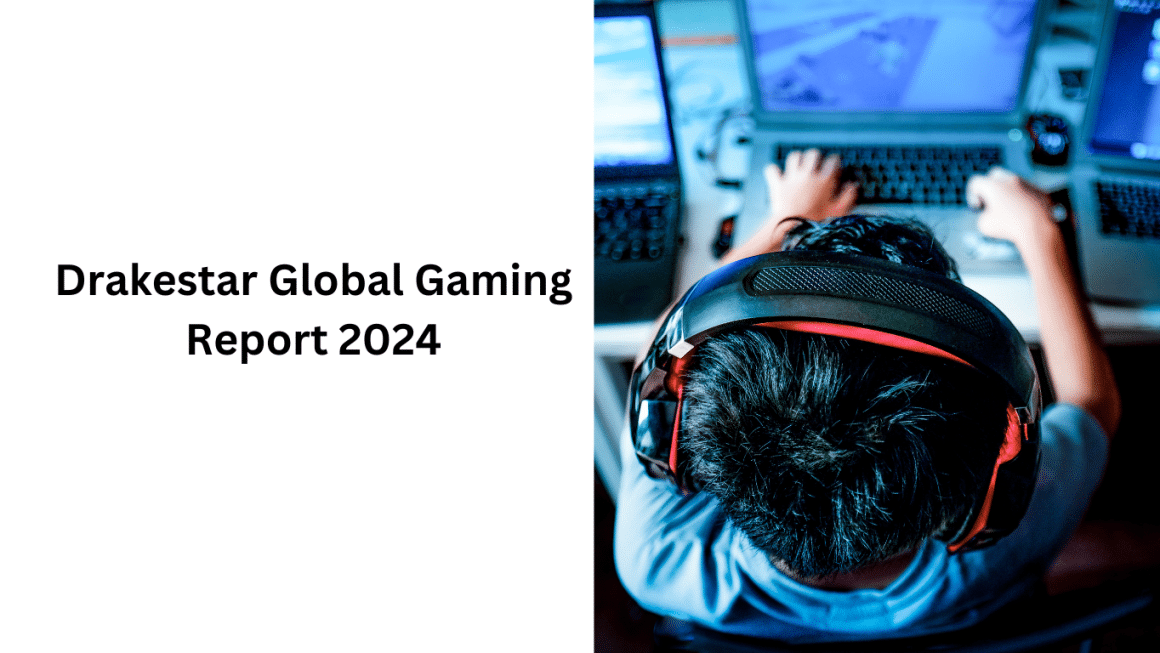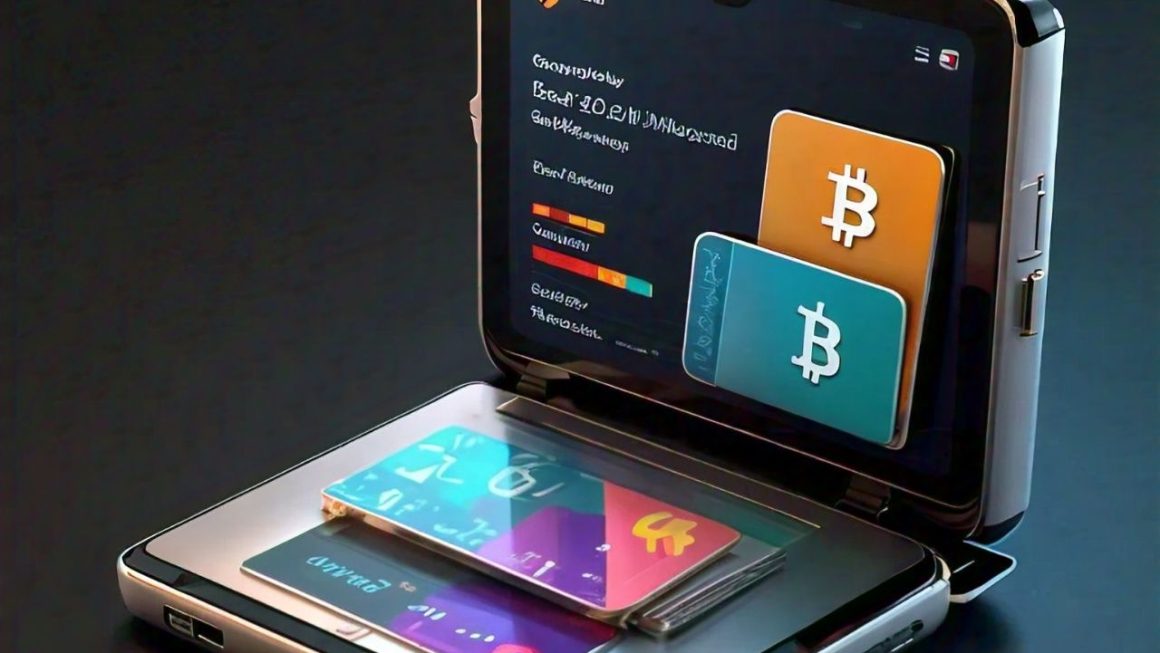
It’s easier than any time in recent memory to become overwhelmed by the steady stream of data and notices from our devices. From smartphones to tablets to laptops, technology has become an integral piece of our daily lives. However, the steady bombardment of alerts and messages can lead to a sensation known as “technology overload,” where we feel stressed and restless from being constantly connected.
1. Limit screen time: Set boundaries for how much time you spend on your devices each day to prevent burnout and maintain a healthy balance.
it’s easy to get overwhelmed by the consistent barrage of warnings and data coming from our devices. However much technology has improved our lives in numerous ways, it can likewise lead to burnout and stress on the off chance that it is not managed properly.
One effective method for preventing technology overload is to set boundaries for how much time you spend on your devices each day. This means being intentional about restricting your screen time and creating a healthy balance between technology use and other aspects of your life.
It’s critical to be mindful of how much time you are spending on your phone, tablet, computer, or some other device. Focus on how much time you are spending on social media, gaming, or mindlessly looking at news feeds. On the off chance that you end up constantly reaching for your phone without really thinking, it very well might be time to reevaluate your technology usage.
Setting specific boundaries for your screen time can help you keep on track and prevent burnout. For example, you could designate certain hours of the day for utilising your devices and make a cognizant effort to step away from screens during other times. This could mean switching off warnings during meals, before bed, or during designated family time.
It’s likewise helpful to establish screen-free zones in your home or workplace where technology is forbidden. This could include the dinner table, bedroom, or whatever other area where you need to focus on connecting with others or relaxing without interruptions.
As well as setting time limits on your devices, it’s critical to take breaks over the course of the day to give your eyes and mind a rest. It’s easy to get sucked into the never-ending cycle of checking emails, responding to messages, and perusing online, yet enjoying regular reprieves can help prevent burnout and improve your overall well-being.
Consider integrating brief breaks into your daily routine, for example, getting up to stretch, taking a walk, or basically taking a few deep breaths to refocus your mind. These little moments of mindfulness can help you recharge and remain present at the time, rather than getting up to speed in the never-ending stream of digital data.
2. Organise digital clutter: Take the time to declutter your devices by deleting unnecessary apps, files, and emails to streamline your digital experience.
It’s easy to feel overwhelmed by the sheer amount of data and clutter that can accumulate on our devices. With apps, files, emails, and warnings constantly competing for our focus, it’s vital to require the investment to declutter and organise your digital space to streamline your experience and reduce the feeling of technology overload.
Read Also: Exploring the Impact of Machine Learning on Society
One of the most vital phases in overseeing digital clutter is to take inventory of your devices and identify what apps, files, and emails are essential and which ones can be eliminated. Begin by going through your apps and deleting any that you never again use or need. This not only frees up valuable storage space on your device yet additionally helps to reduce interruptions and potential security risks.
Next, tackle your files. Go through your documents, photographs, and other digital files and delete any that are outdated, duplicate, or at this point not relevant. Organise your remaining files into folders and subfolders to make it easier to find what you need when you need it. Consider utilising cloud storage or external hard drives to store files that you don’t need immediate access to on a regular premise.
Email is another normal source of digital clutter. Take the time to unsubscribe from newsletters, promotional emails, and other subscriptions that you never again see as valuable. Create folders and filters to naturally organise approaching emails into specific categories, making it easier to prioritise and respond to significant messages in a timely manner.
Once you’ve decluttered your devices, establish a system for maintaining an organised digital space going ahead. Set aside time on a regular basis to review and delete unnecessary items, whether it’s apps you never again use, files you never again need, or emails you never again view as relevant. Consider setting up programmed reinforcements and adjusting to ensure that your files are secure and exceptional across the entirety of your devices.
As well as decluttering your devices, consider streamlining your digital workflow by using tools and apps that help you stay organised and productive. Use task management apps to create daily agendas and set reminders for significant deadlines and appointments. Use calendar apps to schedule meetings, events, and tasks, and set alerts to keep you on target.
At last, remember to take breaks from technology to give yourself a mental and emotional break from the consistent stream of data and warnings. Set boundaries for when and how you use your devices, and prioritize face-to-face interactions and activities that promote mindfulness and relaxation.
3. Take regular breaks: Incorporate breaks over the course of your day to step away from technology and give your mind a chance to rest and recharge.
becoming involved with the hurricane of technology is easy. From checking emails to looking at social media to binge-watching your favourite shows, it’s no wonder that a considerable number of us feel overwhelmed by the consistent inundation of data and upgrades. That is the reason it’s significant to incorporate regular breaks over the course of your day to step away from technology and give your mind a chance to rest and recharge.
Enjoying reprieves might seem counterintuitive when you have a long plan for the day or deadlines approaching; however, research has shown that our brainpower can focus for a limited measure of time before needing a break. By enjoying short reprieves over the course of the day, you can really improve your productivity and creativity, as well as reduce feelings of stress and burnout.
All in all, how might you at any point incorporate breaks into your day? Begin by setting a timer for every 25-30 minutes and focus on requiring a five-minute break when the timer goes off. Throughout this break, step away from your computer or phone, stretch your legs, snatch a glass of water, or just close your eyes and take a few deep breaths. This scaled-down break can help reset your mind and body so you can return to your tasks feeling refreshed and focused.
As well as enjoying short reprieves over the course of the day, it’s additionally vital to schedule longer breaks where you can completely disconnect from technology. This could mean going for a stroll outside, having a face-to-face conversation with a friend or colleague, or engaging in a side interest or movement that doesn’t involve screens. By allowing yourself to turn off and recharge, you can prevent burnout and maintain a healthy balance between technology and real life.
In the event that you find it challenging to tear yourself away from technology, have a go at setting boundaries and creating a technology-free zone in your home or workspace. Designate specific times or areas where you won’t use your phone, computer, or other devices, and use that time to focus on activities that give you pleasure and relaxation. Whether it’s reading a book, meditating, or going for a run, tracking down ways of disconnecting from technology can help you feel more present at the time and cultivate a sense of mindfulness.
Ultimately, enjoying regular reprieves from technology is essential for maintaining your mental and emotional well-being in the present digital age. By allowing yourself to step away from screens and recharge, you can prevent burnout, improve your productivity, and cultivate a healthier relationship with technology. Thus, the next time you feel overwhelmed by technology overload, remember to take a break, step outside, and give your mind a chance to rest and recharge. Your brain will thank you for it.



